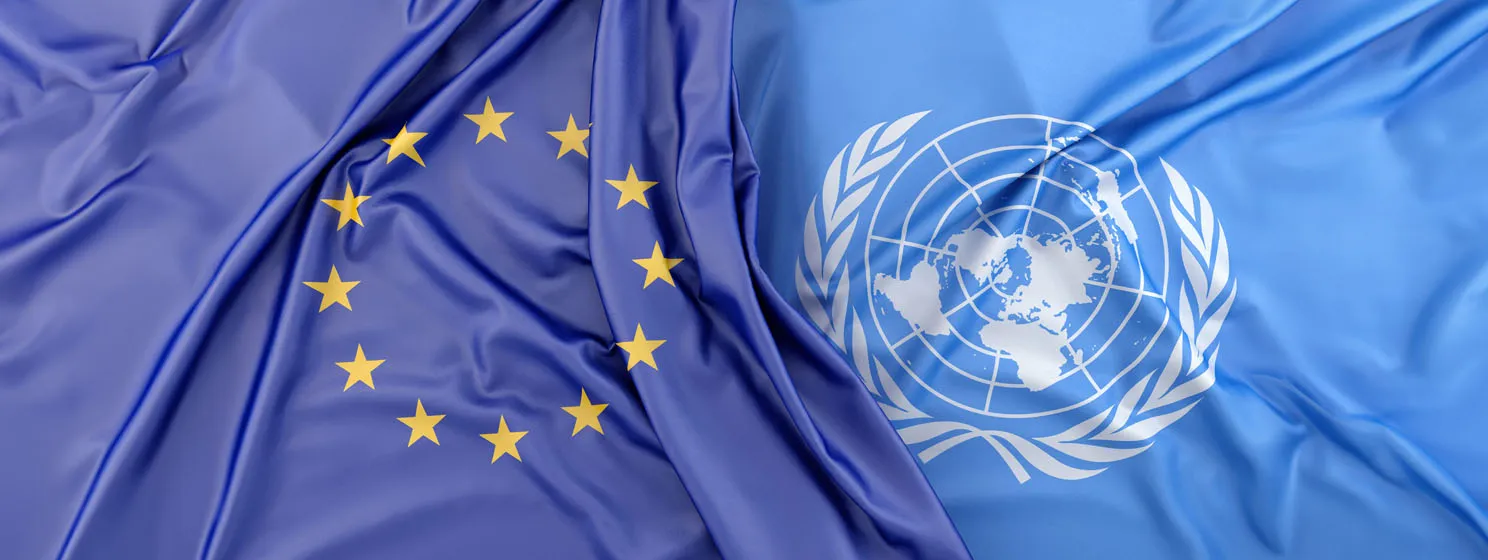|
Getting your Trinity Audio player ready...
|
Popular video streaming platform YouTube has confirmed its intention to allow creators to use artificial intelligence (AI) to dub their videos into other languages.
YouTube made the groundbreaking announcement at Vidcon on June 22, building on an initial prototype by Aloud, an AI-powered dubbing service. The streaming giant confirmed it will work with Aloud’s team to integrate the dubbing functionality into its offering.
Details from the announcement reveal that the AI platform will transcribe the audio, allowing creators to review and edit the text before the final dubbing. YouTube’s Chief Product Officer Amjad Hanif has begun preliminary testing of the offering with a select clutch of creators.
At the moment, Aloud’s services are limited to English, Spanish, and Portuguese, but Hanif clarified that the service will be extended to other languages in the coming months. Nevertheless, creators may leverage the tool to include multi-language dubs into their videos, a giant step from YouTube’s expansive subtitling options.
Hanif confirmed to The Verge that the streaming service is “working to make translated audio tracks sound like the creator’s voice, with more expression and lip sync” before the end of 2024. While hailed as an innovative move, critics have poked holes in the service over the risks of impersonation of creators by bad actors with the company rolling out new policies.
“We’re making some updates to our guidelines on impersonation that could impact you if you run a fan channel,” read the announcement. “If you operate a fan channel, you have to make it obvious in your channel name or handle that your channel doesn’t represent the original creator, artist, or entity.”
Across the globe, critics are pointing out the grave risks resulting from increased AI use, with regulators pushing for all AI-generated content to be clearly labeled to prevent misinformation. Given the concerns, YouTube’s new AI offering will undergo thorough scrutiny from regulatory agencies before a full-scale rollout.
European Union authorities have previously halted the launch of Google’s (NASDAQ: GOOGL) generative AI platform Bard in the region for failing to give sufficient notice to regulators.
Hard to keep up with AI development
While several Big Tech firms preclude their employees from using generative AI platforms, others are rolling out AI-backed services for their clients.
Google announced the launch of an anti-money laundering AI following a successful HSBC (NASDAQ: HSBC) trial designed to spot financial anomalies in transactions four times better than traditional methods.
Other firms are leveraging AI to assist in customer care and to personalize offerings for users despite concerns raised over AI misuse in industries such as digital currencies, finance, and mass media.
In order for artificial intelligence (AI) to work right within the law and thrive in the face of growing challenges, it needs to integrate an enterprise blockchain system that ensures data input quality and ownership—allowing it to keep data safe while also guaranteeing the immutability of data. Check out CoinGeek’s coverage on this emerging tech to learn more why Enterprise blockchain will be the backbone of AI.
Watch: AI Forge masterclass: Why AI & blockchain are powerhouses of technology

 07-02-2025
07-02-2025 





